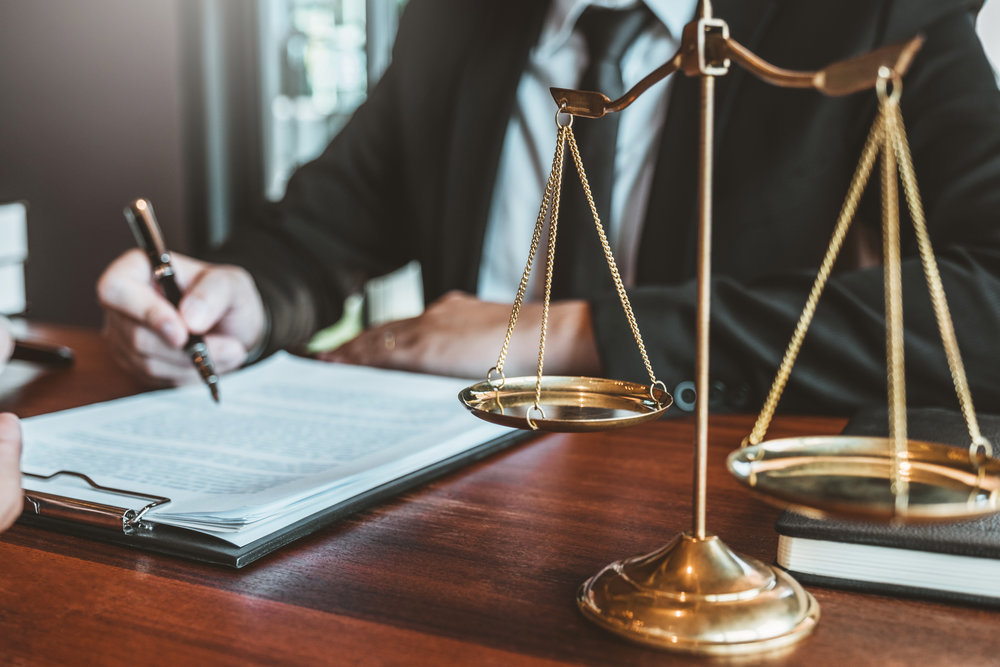When facing sexual assault charges in Florida, understanding the state’s Rape Shield Law is crucial for developing an effective defense strategy. This law significantly impacts what evidence can be presented during trial and how your defense team can approach your case. At Fighter Law, attorneys Thomas Fighter and Jessica Travis have extensive experience navigating these complex legal provisions to protect our clients’ rights while building the strongest possible defense.
Florida’s Rape Shield Law represents a critical component of the state’s approach to sexual assault prosecutions, and anyone facing these serious charges must understand how it may affect their case. The law’s implications extend far beyond the courtroom, influencing plea negotiations, trial strategy, and the overall trajectory of your defense. Understanding these provisions can mean the difference between a conviction that follows you for life and a successful defense that protects your future.
What Is Florida’s Rape Shield Law?
Florida’s Rape Shield Law, codified in Florida Statute 794.022, is designed to protect alleged victims of sexual assault from having their sexual history scrutinized during criminal proceedings. The law generally prohibits the introduction of evidence regarding the alleged victim’s prior sexual conduct, sexual behavior, or reputation for sexual behavior. This means that in most circumstances, the defense cannot present evidence about the alleged victim’s past sexual relationships, consensual sexual activity with others, or general sexual history.
The law also extends to evidence of the alleged victim’s manner of dress, lifestyle, or other circumstances that might be used to suggest they consented to sexual activity or were somehow responsible for the alleged assault. Additionally, the Rape Shield Law prohibits questions during cross-examination that would elicit testimony about the alleged victim’s sexual history or reputation. These protections apply to all sexual offense cases, including rape, sexual battery, and other related charges.
However, the law does include specific exceptions where such evidence may be admissible under certain circumstances. These exceptions are narrow and require careful legal analysis to determine their applicability to your specific case. Understanding when and how these exceptions might apply is essential for developing an effective defense strategy.
Exceptions to the Rape Shield Law
While Florida’s Rape Shield Law provides broad protections, there are several important exceptions that may allow the introduction of evidence regarding the alleged victim’s sexual history. The first exception involves evidence of specific instances of sexual behavior between the alleged victim and the defendant. This evidence may be admissible to prove consent or to explain the source of physical evidence, such as DNA or injuries.
The second exception allows for evidence of sexual behavior with persons other than the defendant when it is offered to prove that someone other than the defendant was the source of physical evidence. For example, if DNA evidence is found that could have come from another person, evidence of the alleged victim’s sexual contact with that person may be admissible to explain the presence of such evidence.
The law also provides an exception when evidence of sexual behavior is necessary to preserve the defendant’s constitutional rights. This exception recognizes that in some cases, excluding all evidence of sexual history could violate a defendant’s right to a fair trial or due process. However, this exception is applied very narrowly and requires compelling circumstances.
Challenging Evidence Under the Rape Shield Law
When evidence falls within one of the exceptions to the Rape Shield Law, defense attorneys must follow specific procedures to have it admitted. This typically involves filing a written motion with the court that describes the evidence to be offered and explains why it falls within an exception to the law. The motion must be filed at least ten days before trial, unless the court allows a later filing for good cause.
The court will then conduct an in-camera hearing, which means the hearing takes place in the judge’s chambers or with the courtroom closed to the public. During this hearing, the defense must demonstrate that the evidence meets the requirements for an exception and that its probative value substantially outweighs the danger of unfair prejudice to the alleged victim. The prosecution and the alleged victim have the right to be represented at this hearing and to oppose the admission of such evidence.
If the court determines that evidence should be admitted, it may place restrictions on how the evidence can be presented and may limit the scope of questioning related to that evidence. These restrictions are designed to balance the defendant’s right to a fair trial with the policy goals of protecting alleged victims from unnecessary trauma and irrelevant attacks on their character.
Protecting Your Rights and Future
At Fighter Law, we understand that every case is unique and requires a tailored approach that considers both the legal constraints and the specific facts of your situation. We work tirelessly to investigate every aspect of your case, challenge evidence where appropriate, and build the strongest possible defense within the framework of Florida law. Our goal is not only to achieve the best possible outcome in your case but also to protect your reputation and future opportunities.
If you are facing sexual assault charges in Central Florida, don’t wait to seek experienced legal representation. The decisions made early in your case can have lasting impacts on the outcome. Thomas Fighter and Jessica Travis have the experience, credentials, and dedication necessary to provide you with the aggressive defense you need. Call Fighter Law today at (407) 344-4837 for a free consultation, or contact us online to discuss your case. Let us fight for your rights and your future.


